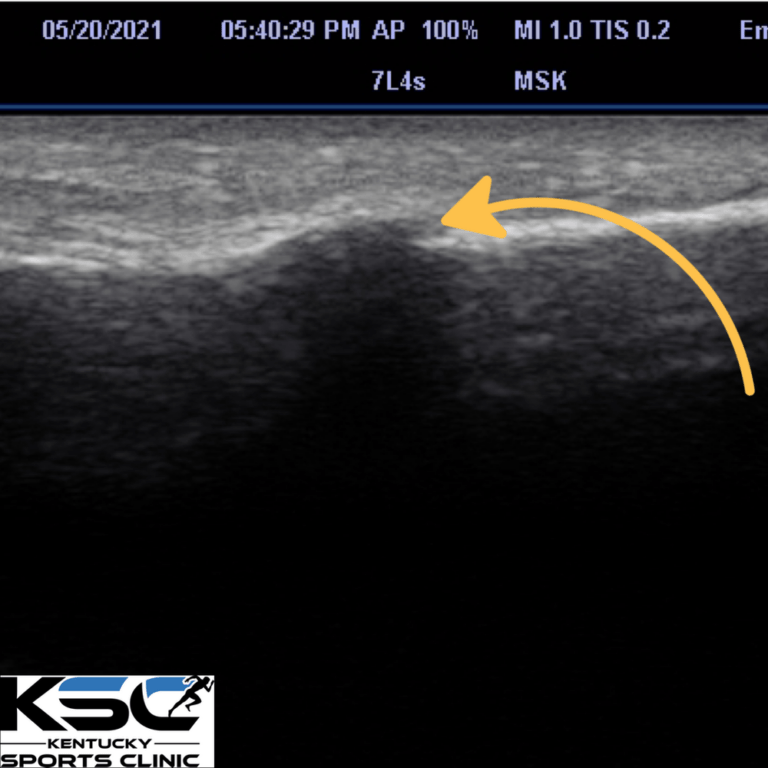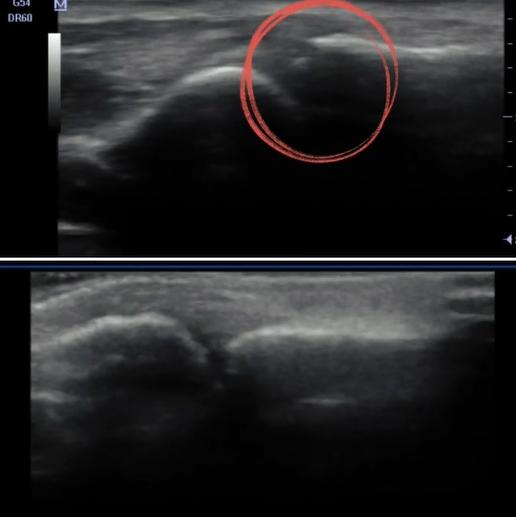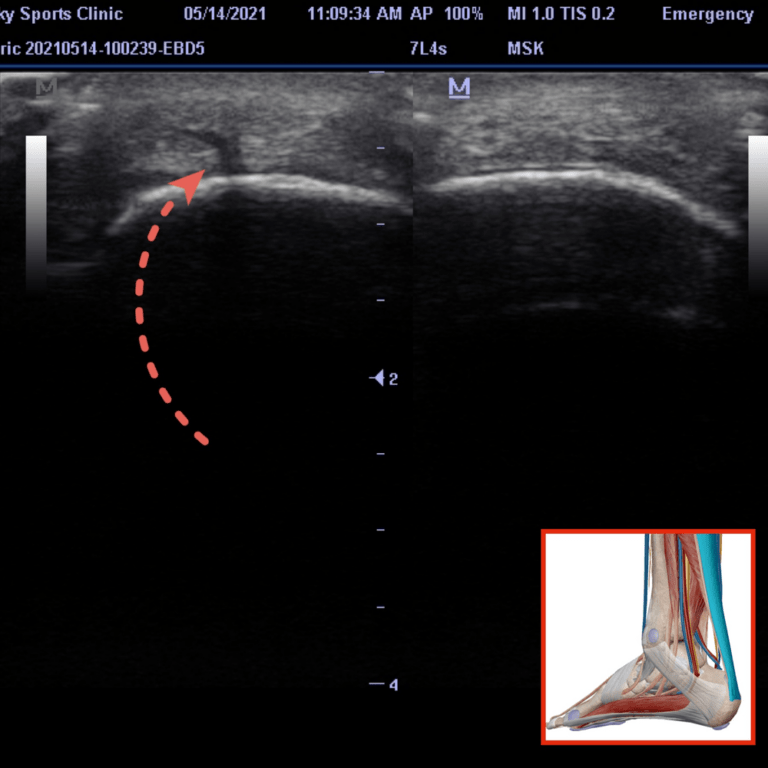Do you really know how much you need to eat to support your endurance training? “a lot” or “all the time” isn’t an amount. Or simply more than you “normally eat” won’t likely cut it.
“I feel like all I do is eat” is something I hear often from endurance athletes. Meeting energy needs does not simply require a high frequency of eating or a certain percentage of carbohydrates. Percentages can be helpful, but you must always ask: “X% of what?”
Let’s walk through an example. An “in season” athlete eating 50% of her calories in carbohydrates could still be under fueling if she is only taking in 1600 total calories most days. This target is too low for any athlete weighing more than 80lbs.
Endurance athletes perform best with 2.5-4g of carbohydrates per pound of body weight. Don’t worry, you don’t have to track your macros to make sure you’re eating enough (though I find it helpful during high training load periods).
Tune in to your body; she or he is always talking to you.
- Are you exceptionally irritable and short with your family members? (I make this distinction, because often we can keep it together in professional or social settings.)
- Is your sleep disrupted (beyond rising once to use the restroom)?
- Are you often thinking about food or counting the minutes until you “can” eat?
- Are you always tired?
- Is your motivation to train low?
- Do you feel recovered in between training sessions?
- Are you experiencing GI distress (especially food sticking around too long in your body)?
- Do you find yourself raiding the pantry often, especially on heavy training days?
It’s not your “will power” it’s probably your intake affecting your hormones and preventing the training adaptations (i.e. increases in fitness and performance) you are after.
Start by focusing your nutrition and carbohydrate intake in and around your workouts, get some protein in your recovery meals, and size your meals appropriately across your day. (i.e. in most cases, the closer your meal is to the end of your workout, the bigger it should be).
What does this look like in practice? Morning exercisers should have a bigger breakfast and lunch and a relatively smaller dinner to avoid within-day energy deficits that will affect hormone health. A good target for early-risers is to get in ¼ -⅓ of your total daily calories at breakfast and their morning snack. Lunchtime exercisers should shoot for ⅔-¾ of total calories by the end of their afternoon snack and evening exercisers can benefit from saving ⅓ of their total calories for dinner.
If you’re interested in a tailored approach to performance nutrition and how to apply these guidelines to your specific needs, email me at nutritioncoachcourtney@gmail.com or schedule an appointment at ksc.health.






